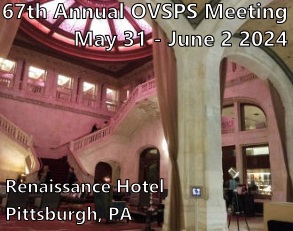<< Back to the abstract archive
Professional Burnout in United States Plastic Surgery Residents: is it a Legitimate Concern?
Demetrius M. Coombs, MD; Michael A. Lanni, MD; Joshua Fosnot, MD; Ashit Patel, MBChB; Richard Korentager, MD; Ines C. Lin, MD; Risal Djohan, MD
The Cleveland Clinic
2019-01-29
Presenter: Demetrius M. Coombs, MD
Affidavit:
The above statement is accurate.
Director Name: Steven Bernard, MD
Author Category: Resident Plastic Surgery
Presentation Category: Clinical
Abstract Category: General Reconstruction
Background:
Burnout remains intimately associated with leaving an institution, fiscal losses, substance abuse, depression, suicidal ideation, medical errors, and lower patient satisfaction scores. Unfortunately, no study, until now, has examined burnout, and the relationship between medical errors and program-related factors, by directly sampling all U.S. Plastic & Reconstructive Surgery residents.
Methods:
Cross-sectional study of data collected from current U.S. Plastic & Reconstructive surgery residents at ACGME-accredited programs during the 2018-2019 academic year. Additional data included demographics, relationship status, program-specific factors, and admission of medical errors.
Results:
One-hundred-forty-six subjects responded. Residents from each post-graduate year in the first six years were well-represented. No relationship was found between burnout and age, gender, race, relationship status, or PGY-level. Burnout was significantly associated with respondents who feel they matched into the wrong program, would not recommend their program to students, do not feel involved in program decisions, reported increasing hours worked in the week prior, feel that they take too much call, reported making a major medical error that could have harmed a patient, or reported making a lab error.
Conclusion:
This study represents the first and largest direct examination of burnout, self-reported medical errors, and program suitability in U.S. Plastic & Reconstructive residents using a validated scale, and suggests that burnout and some medical errors may be related to program-specific, modifiable factors. Additionally, we propose a novel instrument to screen for burnout amongst plastic surgery residents based upon the data (SMOkE/R questionnaire), and outline future studies in this multi-part series.



